I’ll give Cate Blanchett her flowers for the incredible opening scene—which is really half of this episode—but let me start things off by examining where this tale of trauma and brutality ends. While there is so much pain in this story, it’s important to note that it lands on a shot of love between a mother and son, which has been the main connection between Nancy Brigstocke and Catherine Ravenscroft this entire time. Nancy thought she was expressing love by turning her grief into vengeance, passing that disease along to her husband Stephen. And Catherine has always tried to protect Nicholas, including during that horrible night in Italy. That the show ends with her hugging her son and the words “I love you” is important. She regrets not being able to run into the water on that fateful day to save her son, but she fought off larger waves many years later and did exactly what she needed to do. She’s earned that hug.
The men? They’ve earned their misery. Stephen is last seen burning the items that he’s carried through his vengeful plot—the photos, Nancy’s cardigan, etc.—aware that blinding rage led him to cause so much misery. “You have left nothing but a trail of pain behind you,” says the omniscient narrator, telling us Stephen’s story for the first time as if his voice has finally been silenced. “Only the void awaits.”
Robert Ravenscroft deserves the void too. Arguably the only good that has come from The Perfect Stranger is Catherine learning about the deep personality flaw in her husband, who responded so rashly to potential emasculation that he put his son in jeopardy. Overall, it’s a show about men who act on selfish emotion instead of reason, and Robert’s lack of protection regarding his wife and child is damning too. Catherine leaves him over it, telling Robert that she can never forgive that he seems almost happier that she was raped instead of that she cheated on him. Sacha Baron Cohen makes his best acting choice in the series in this scene, shrinking into his own body with his hunched shoulders, looking worthless and small.
Of course, all of this happens after the scene, when we learn that this has never been a story of comeuppance. It has been a story of lies and misinformation and how believing one narrative can blind you from the truth. There are so many key lines about the show’s themes in Catherine’s big reveal but one important one is “photographs are not reality.” It’s a show that warned us to beware of form in its first line, and yet even viewers likely didn’t question the photographs or even the flashbacks. We should always question what we see in only glimpses, aware that there’s always a context we can rarely fully understand.
Back to the scene. Catherine tells Stephen everything that happened to his son and everything that happened to her at his son’s hands. She went back to her room that night, flush with the gorgeous scenery and a few glasses of wine. She accidentally left the key in the door. And suddenly Jonathan was there with a knife. He attacked her. He raped her. He forced her to pose for the photos. He hit her. Nick walked in on part of it, and Catherine went along with what she could to protect her son. It’s brutal, hateful, and conveyed through powerful filmmaking. Alfonso Cuarón smartly chooses imagery over sound, dropping out dialogue from the flashbacks, letting Finneas’ excellent atonal score do a lot of the work. And keeping so much of the background noise from Stephen’s kitchen in play—a humming fridge, a meowing cat—to remind us that Catherine is telling this story.
The next day on the beach, exhausted from a three-and-a-half-hour rape, Catherine Ravenscroft didn’t act when her rapist drowned. Do we blame her? Imagine if he had come back to the shore a hero. The strongest moment in one of Blanchett’s best hours of acting in her notable career comes when she blames herself for not getting to Nicholas first. She worried that she would drown too. Would she have gone into a burning building? Would she have taken a bullet for Nick? “The sea thwarted me,” she says, and Blanchett makes it sound like something Catherine has thought a million times in the years since. Some parts of this scene feel overwritten until you factor that into the equation—Catherine has been writing it in her head for so long.
And yet she buried it too. She was planning to go to the police originally but destroyed the evidence she saved after Jonathan died, taking control of the narrative again. She came home pregnant, terminating the fetus even though it could have been her husband’s. It had to be over—until the Brigstockes decided it wasn’t.
A stunning 26 minutes into the episode, Catherine finally succumbs to whatever Stephen put in her tea. But she’s going to save Nicholas this time. She’s out long enough for Stephen to leave first, intent on killing Nicholas at the hospital, leading to a sort of chase scene. She’s calling Robert over and over again before getting out of her cab to race to the hospital on foot. (Quick aside: Do they have police in the U.K.? Wouldn’t a call saying “I was just drugged by someone who’s now going to kill my child” raise a few red flags? Sorry to inject realism into a great episode but that did give me pause.)
Just as that aspect feels a little convenient to the plot so does Stephen getting caught in traffic and then basically talking his way into the room after visiting hours. Although the show is a bit about unexpectedly random “acts of god” if one considers the drowning. As Stephen gets out of the elevator, Kevin Kline deftly conveys a bit of doubt in his eyes and body language. He doesn’t look happy about finishing his plan anymore. It’s no longer fun once you start to believe your son was a monster—and maybe you are too.
Stephen holds the syringe to the tube that’s attached to Nicholas, but he pauses when the boy starts mumbling. “Mum,” he says. “I wanna go.” He takes Stephen’s hand and looks in his eyes. Go home? Or go off this mortal coil? Stephen squeezes his hand and changes his mind. He apologizes to Robert, saying, “I was wrong about everything.” He apologizes to Catherine, who thinks for a minute that it’s for murdering Nicholas. Again, Blanchett is stellar. Nick woke up. He’s safe.
“Nancy dressed Jonathan up into something he was not.” Yes, that’s true to an extent, but it’s also important to note that this was grief management for a mother, writing a piece of fiction that she locked in a desk. It was Stephen Brigstocke and Robert Ravenscroft who turned that spark into a fire, one that almost consumed a totally innocent boy. Ultimately, it’s not just a story of false narratives—it’s one of a mother who couldn’t save her son so long ago but did so by telling her truth when it mattered most. It’s her emotional revelation that stops Stephen from fulfilling his plan. She’s the hero. She always was.
Stray observations
- • There’s a great beat before the waiting room scene between Robert and Catherine wherein he puts his hand on her shoulder at Nick’s bedside and she doesn’t move. No taking of that hand, no softening of her pose through comfort.
- • When Catherine goes into Nick’s room in Italy during the assault to check on him, there’s a prominent shot of a book on the bedside called My Dad. Nothing is accidental on this show. Why is it there? Is it a reminder of who was absent then and so worthless now?
- • Any thoughts on what Jonathan did to Sasha? Remember we learned that she left him in Italy and hated him so much that she didn’t attend his funeral. Did he do something similar to her? One even wonders if Nancy found photos of Sasha too and ignored them.
- • She doesn’t have much left but Cate Blanchett should clear the mantle space for another award or two for this hour alone. Kevin Kline was very good throughout, but Blanchett ended up the MVP as every choice she made in previous episodes built to this powerhouse.
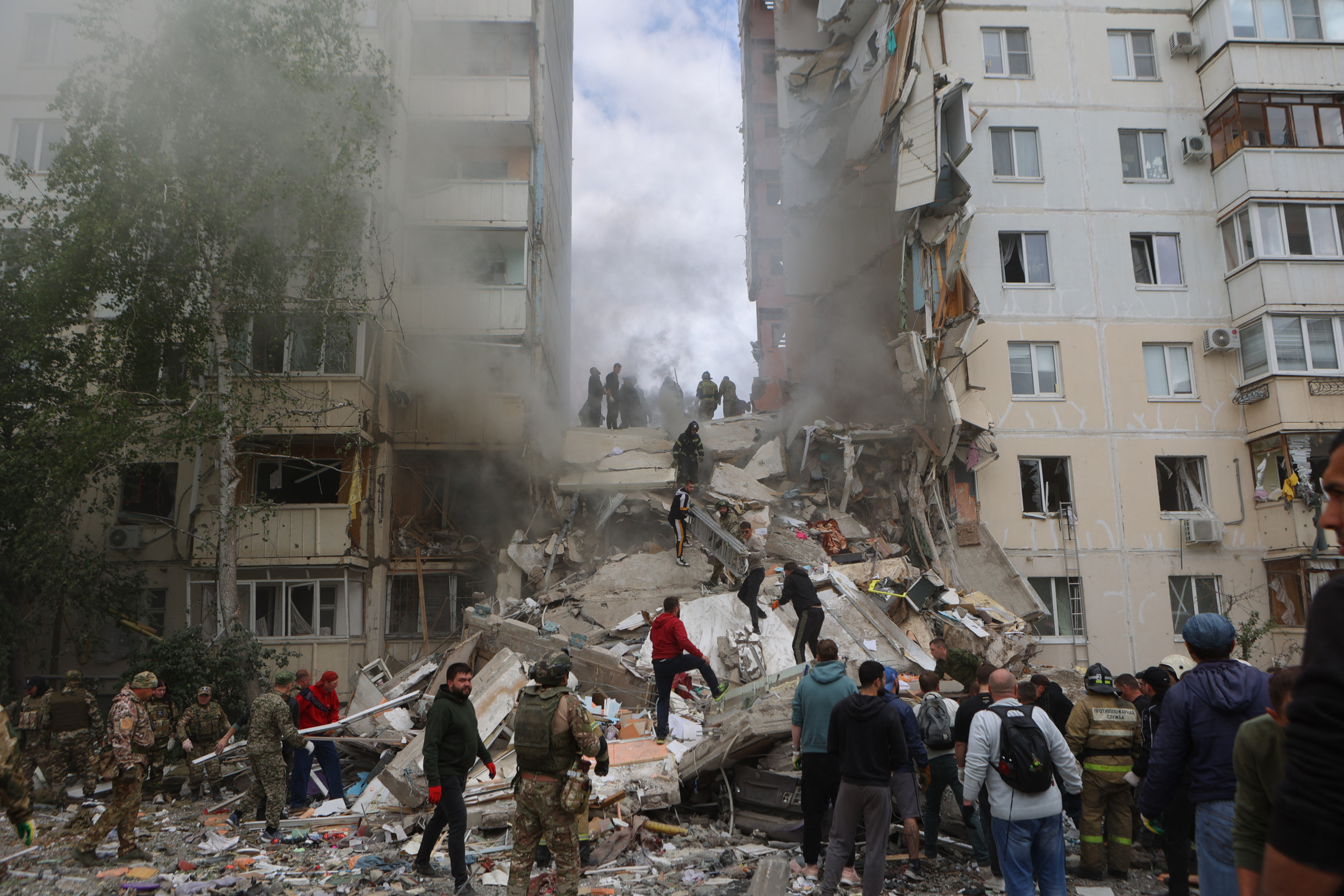
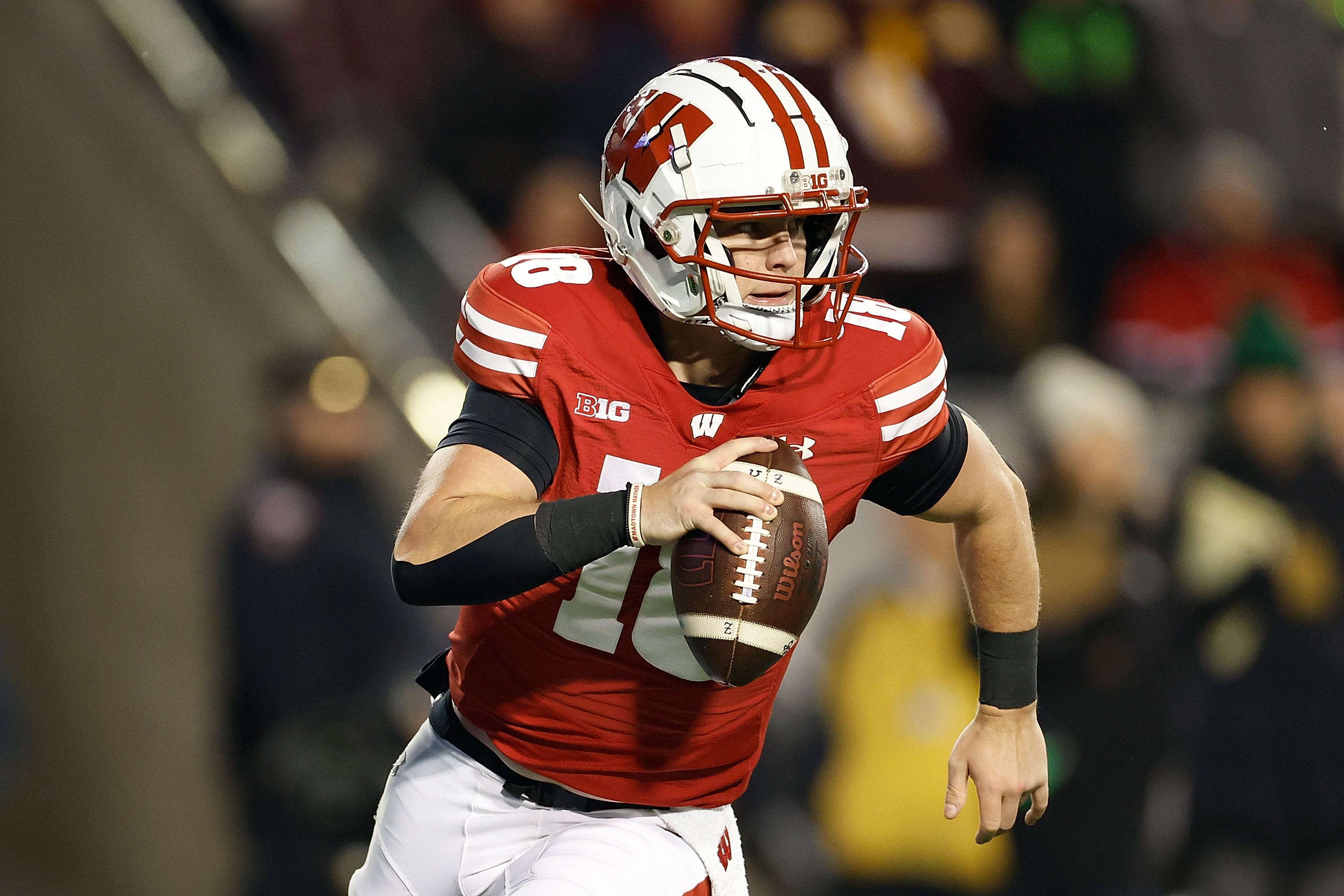

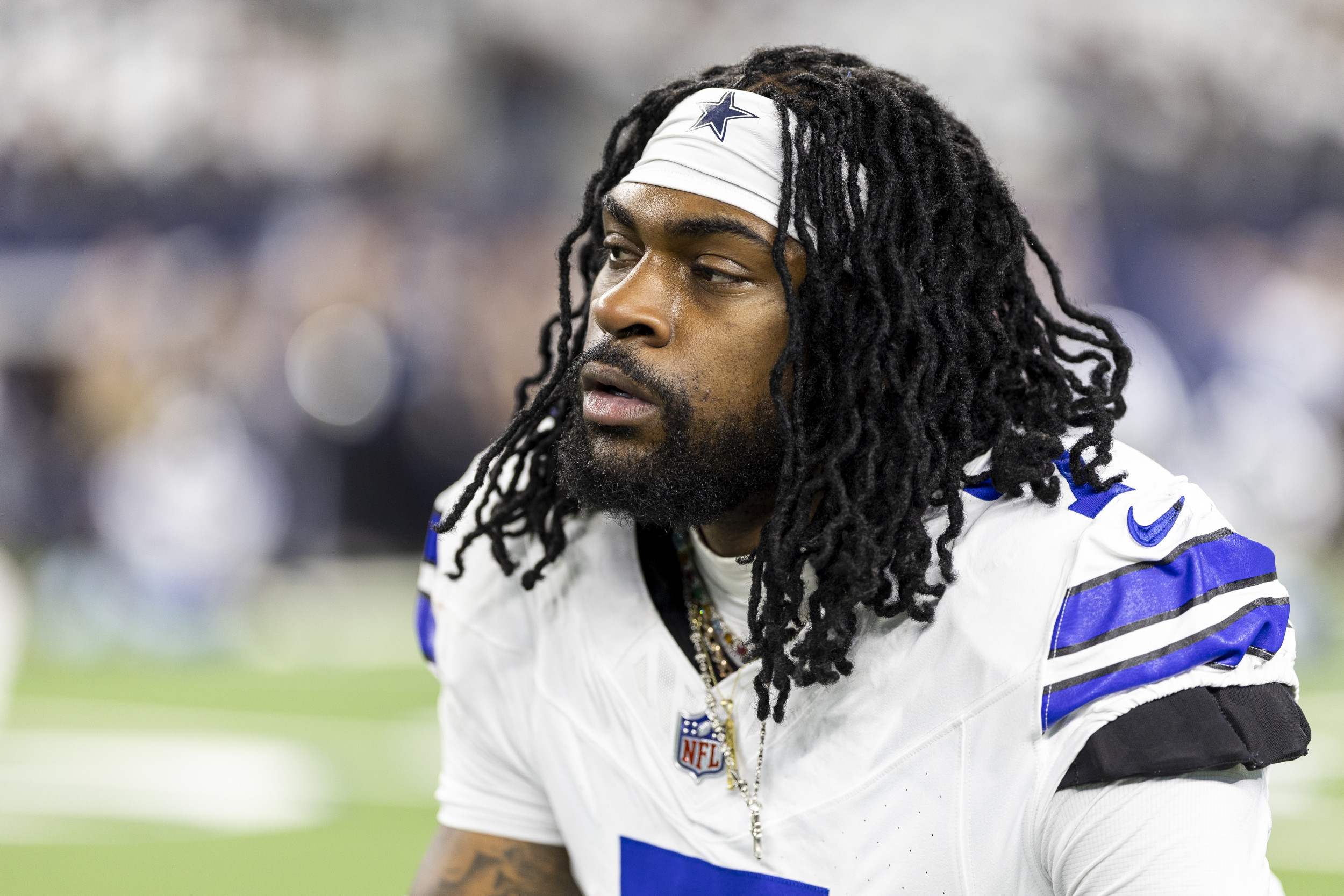


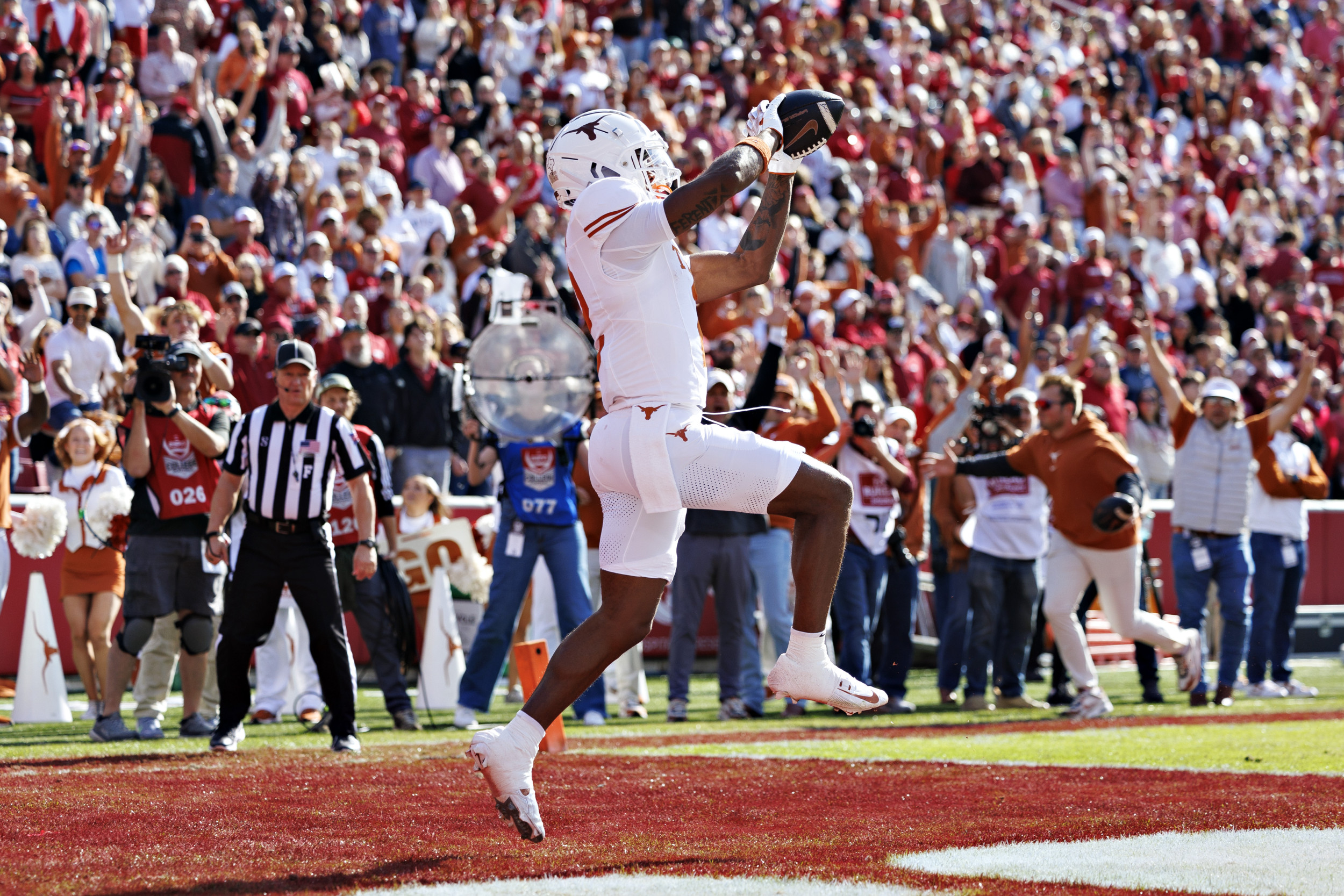

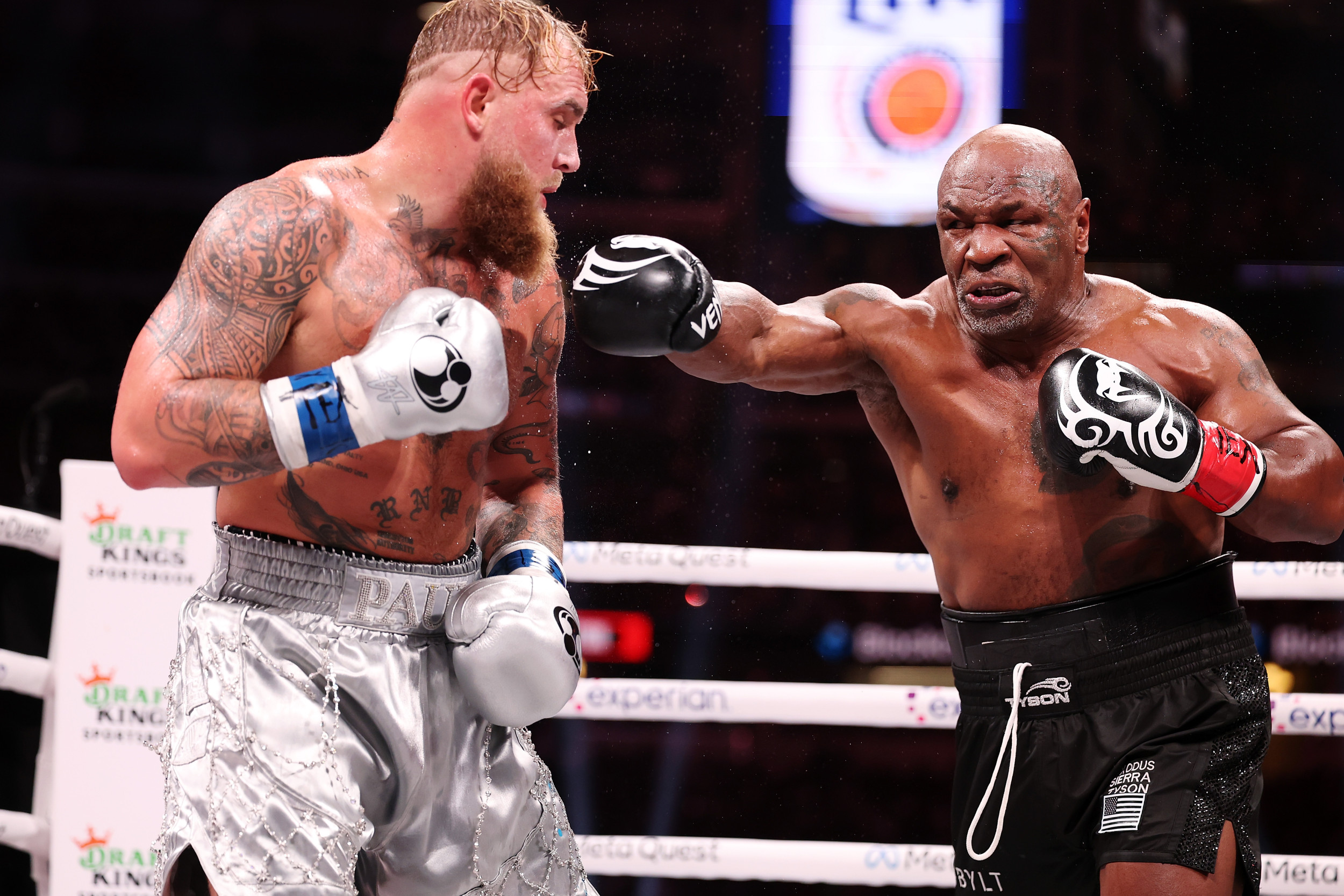
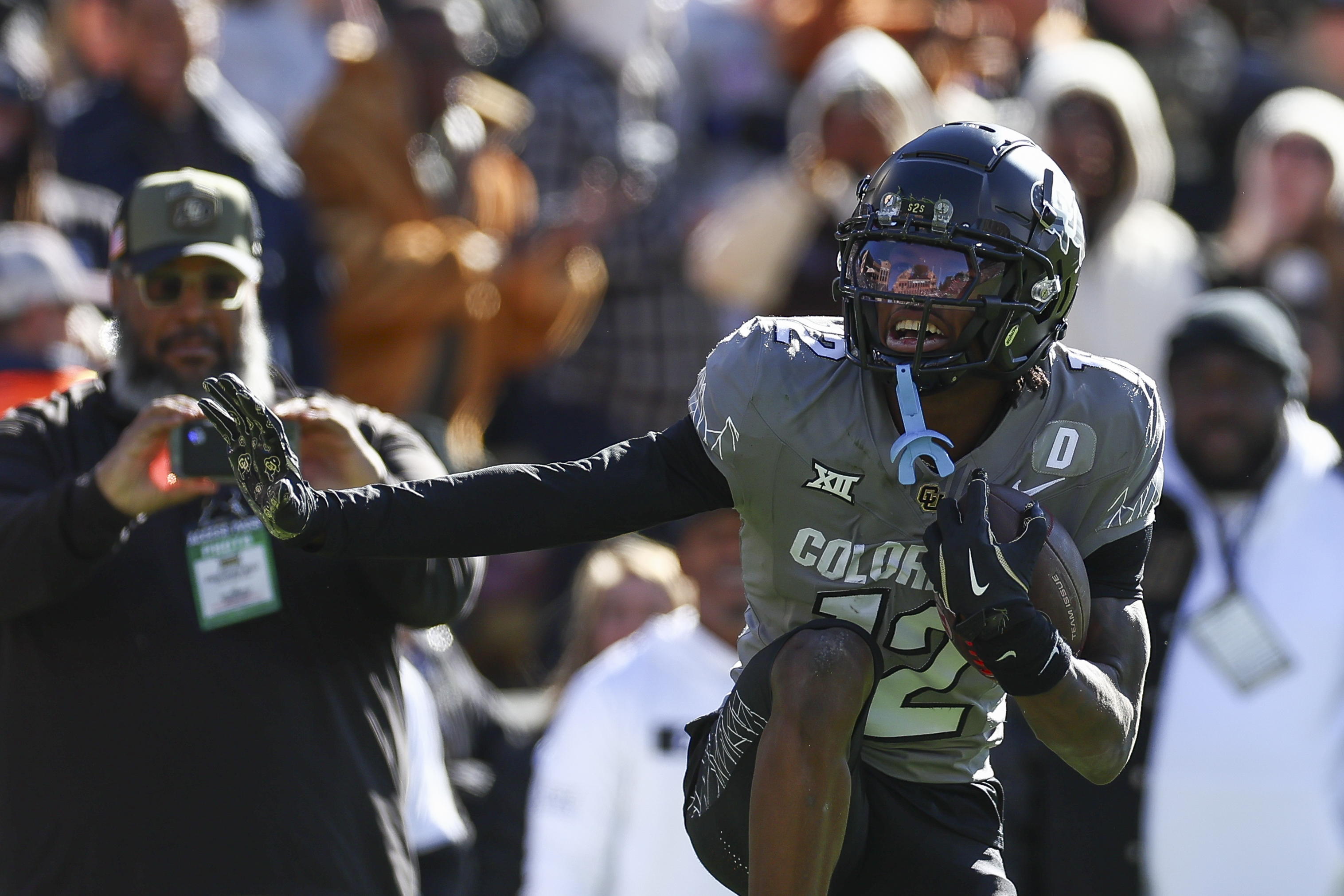

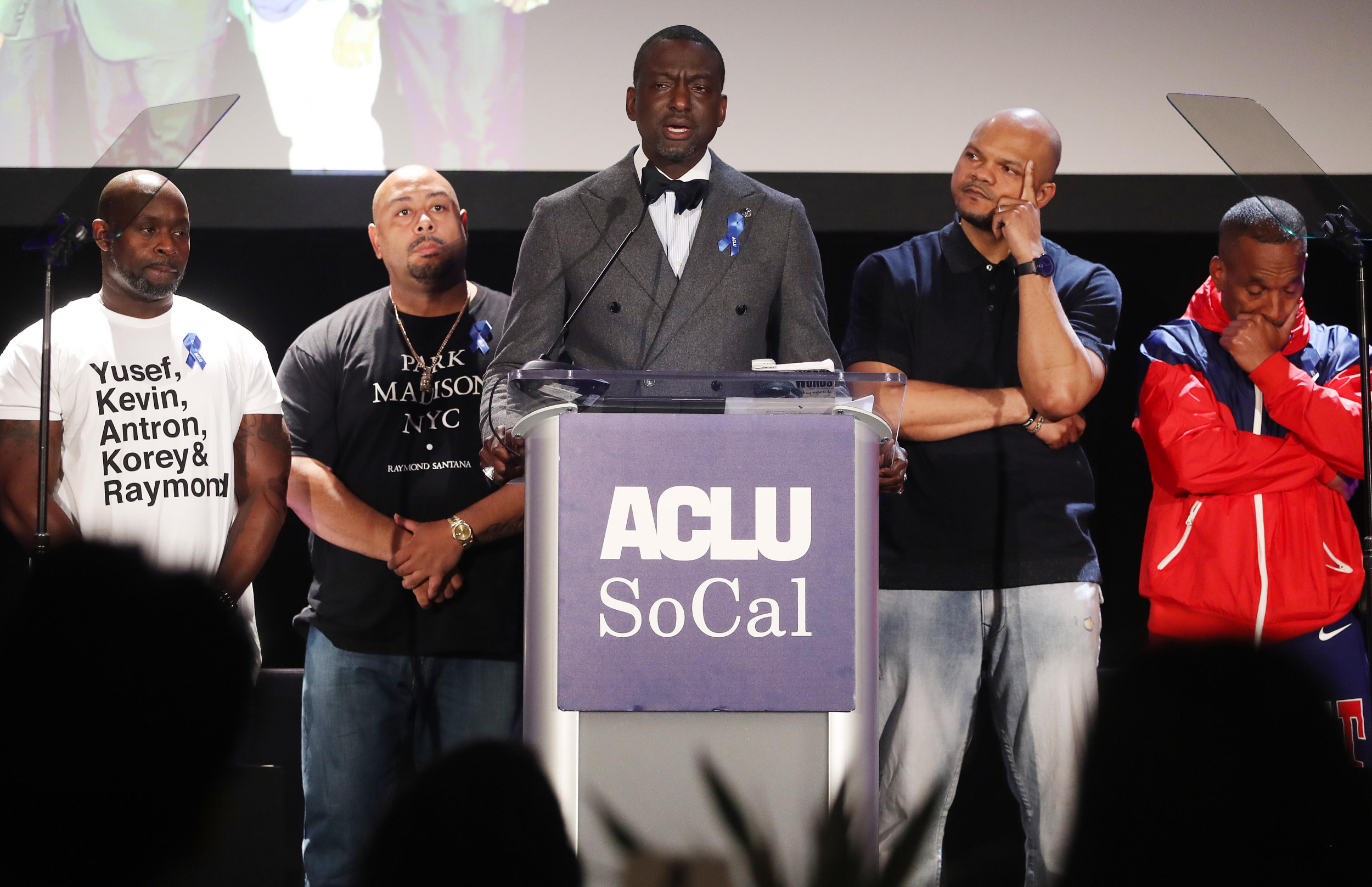








 English (US) ·
English (US) ·